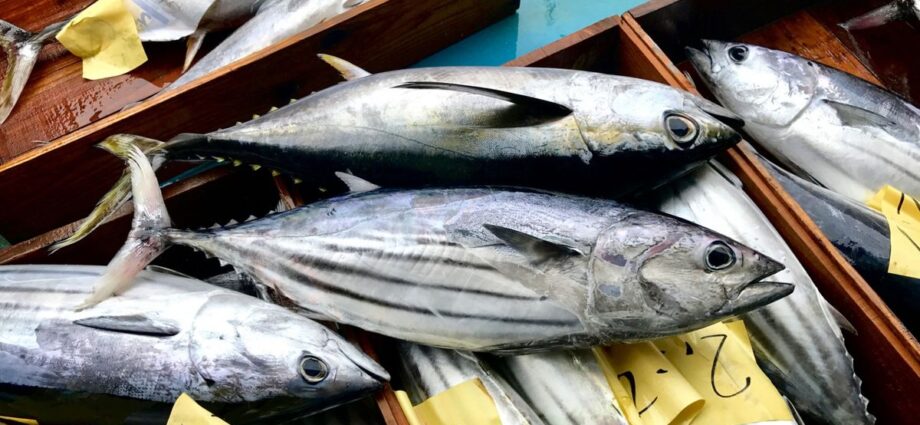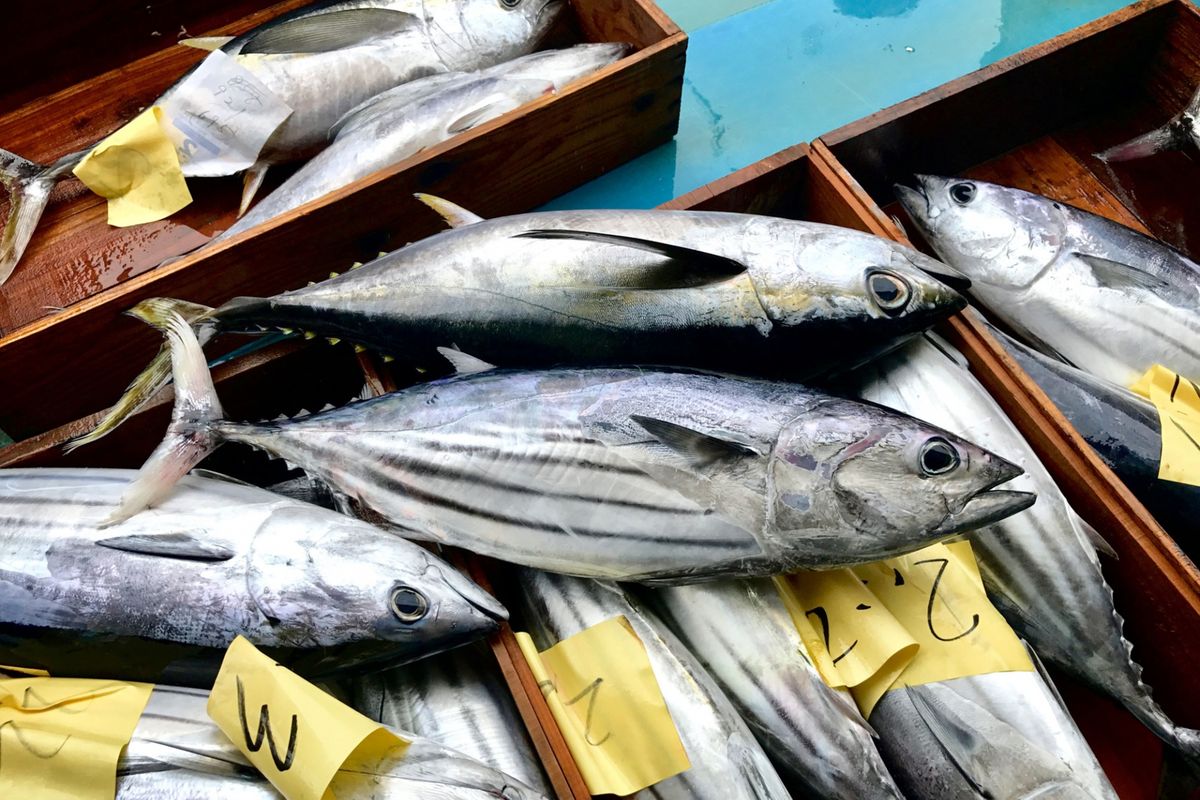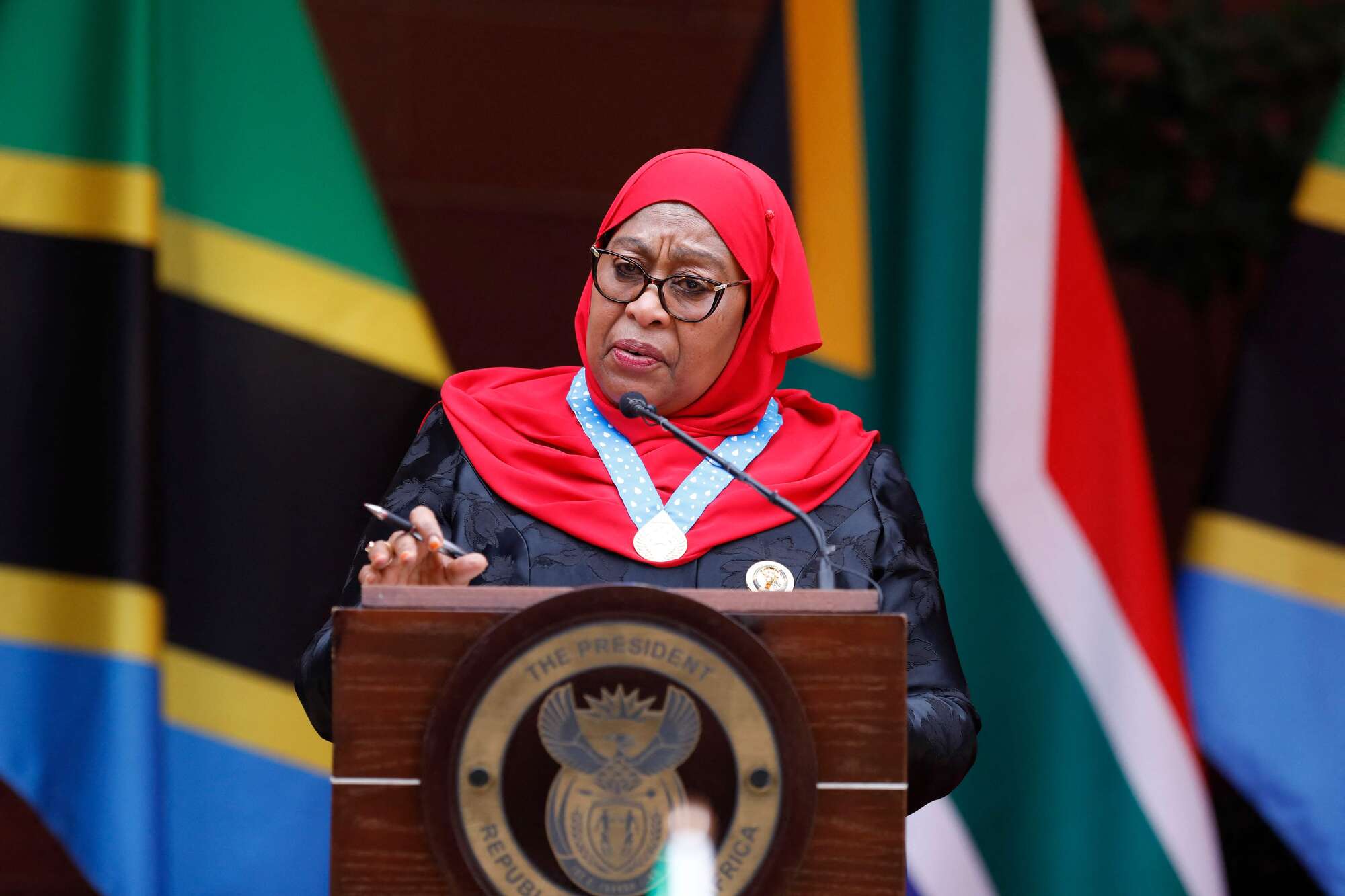Dar es Salaam. The government has signed an agreement with the owner of fishing trawlers to boost fishing technology that could see Tanzania winning the lucrative American market for tuna.
The agreement between Tanzania’s Deep Sea Fisheries Authority (DSFA) and Biostar seeks to promote the use of an Electronic Monitoring (EM) system in Tanzania’s deep sea waters in the fishing of tuna and other fish species.
The agreement is part of the implementation of a pilot project on the use of the system to gather real-time data on deep-sea fishing activities. The three-year project is funded by USAID and led by DSFA to promote sustainable fishing practices.
Presenting the budget for 2024/25 recently, the Minister for Livestock and Fisheries, Mr Abdallah Ulega, said there is little investment in the deep sea fishing and the processing of fishing products, affecting the sector’s contribution to the economy.
The revenue contribution of deep-sea fishing increased to Sh9.7 billion in 2023 from Sh6.8 billion previously, according to the budget speech.
“The improvement of the collections was due to the increase in deep sea fishing licenses and the specific efforts made by the government including holding strategic negotiations with ship owners and the presence of a friendly environment for investment,” he said, as he requested the parliament to endorse the ministry’s Sh460.333 billion budget.
Tuna is one of the most consumed fish in the world, especially in America, but Tanzanian fishermen have struggled to explore the market due to lack of an EM system which buyers demand to see the entire process from harvesting to market.
Speaking after the agreement, the deputy permanent secretary in the Ministry of Blue Economy and Fisheries in Zanzibar, Mr Zahor Kassim El-Kharousy, said the agreement demonstrates the government’s commitment to enhancing the fishing industry and the blue economy. The technology will continuously monitor sea activities, helping to curb illegal fishing.
“This agreement is highly significant for the sector, particularly the blue economy because one of the main challenges has been the lack of technology to track trawlers in the deep sea. Many international consumers want to see the entire process of fishing,” Mr El-Kharousy said.
He stressed that the project sends a clear message to the world about the country’s dedication to combating illegal fishing and other crimes in the deep-sea, such as human trafficking and drug smuggling.
For his part, the owner of Biostar fishing trawlers, Mr Machwa Kagoswe, stated that the technology will allow them to expand their markets, enabling the sale of tuna fish to large markets like the United States which is one of the largest consumers in the world.
“We usually sell tuna in the Asian markets as we fail to penetrate the American market due to lack of EM systems,” he said.
He said his company exports 100 tonnes of tuna every two months.
“We expect that in three years, the market will expand and demand will increase, leading to higher prices. Consequently, fishermen will get more profit and the sector will develop. If your vessel lacks cameras, even processing factories will refuse to buy fish. Therefore this project is highly beneficial for us,” he said.
On the other hand, DSFA director general, Dr Emmanuel Sweke, said the agreement will help to gain experience on how to use the technology and be able to advise the government on the best way to manage fishing on the deep sea.
He said there are currently three native ships doing fishing activities on the high seas, but the success of the project will help to attract more private sector investment.















